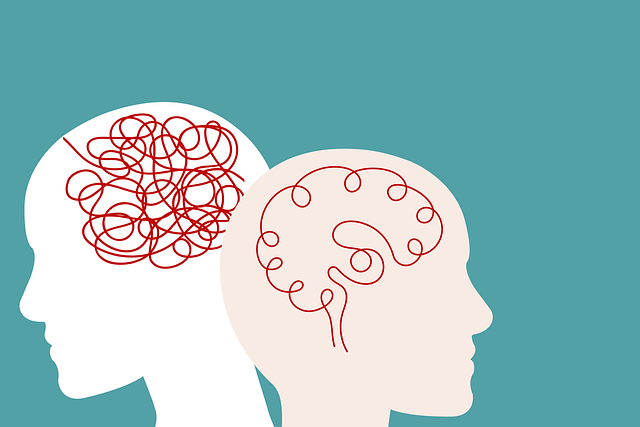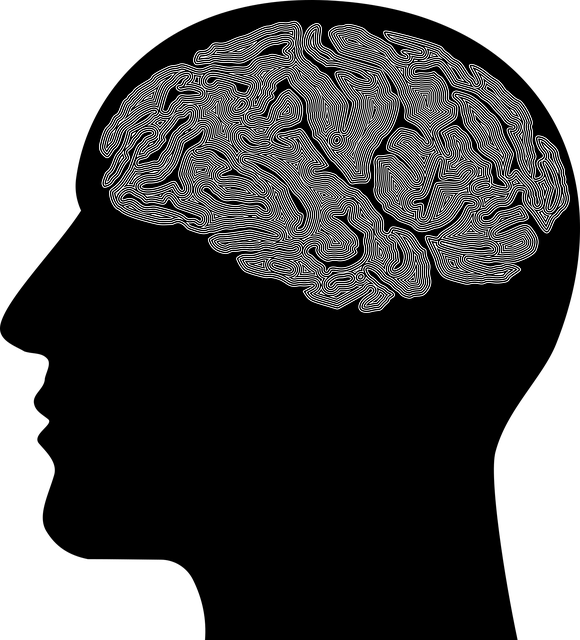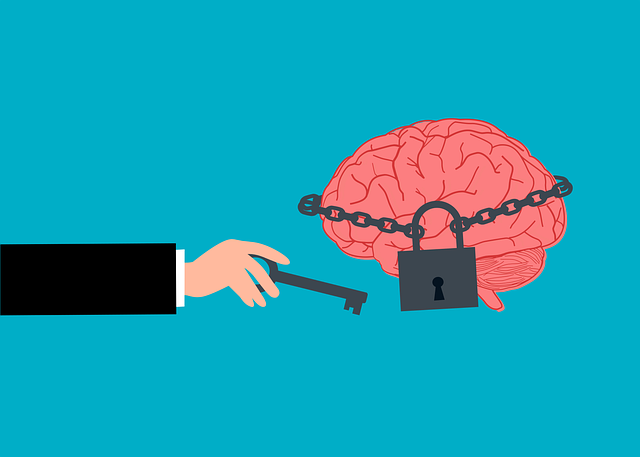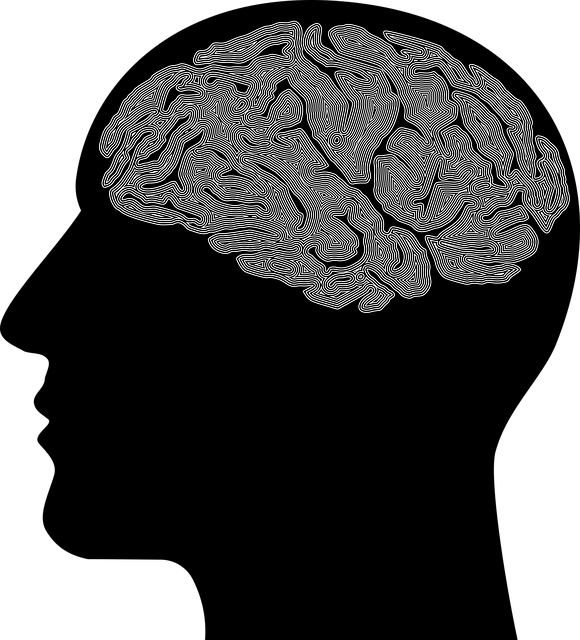Understanding mood regulation is key to enhancing well-being, and biofeedback therapy for adults offers an effective tool to manage emotional states. By teaching self-control over involuntary bodily functions like heart rate and muscle tension, biofeedback improves resilience and coping mechanisms, supporting mental health improvement. Incorporating this non-invasive technique into a robust self-care routine, along with mindfulness practices, can significantly enhance stress management and mood regulation, benefiting those facing life challenges. "Therapy for adults biofeedback" combines ancient insights with modern technology to promote emotional well-being and support mental health professionals through community outreach and policy initiatives.
Mood regulation strategies are essential tools for maintaining well-being, especially for adults seeking effective therapy. This article delves into the profound impact of understanding mood regulation on overall health. We explore various techniques and highlight the significant role of biofeedback in mood therapy. By integrating practical tips, we guide readers through seamlessly incorporating biofeedback into daily routines, offering numerous benefits for managing moods effectively. Discover how these strategies can revolutionize your mental wellness journey.
- Understanding Mood Regulation and its Impact on Well-being
- The Role of Biofeedback in Mood Therapy for Adults
- Exploring Different Techniques for Effective Mood Management
- Integrating Biofeedback into Daily Life: Practical Tips and Benefits
Understanding Mood Regulation and its Impact on Well-being

Understanding mood regulation is pivotal to enhancing well-being. It involves managing and stabilizing emotional states, ensuring individuals can navigate life’s challenges with resilience. Effective mood regulation strategies empower people to combat mental health issues, foster a sense of calm, and promote overall happiness. When left unaddressed, difficulties in mood management can lead to prolonged periods of distress, impacting daily functioning and quality of life.
Biofeedback therapy for adults has emerged as a powerful tool in this domain. By teaching individuals to control involuntary bodily functions, biofeedback enhances self-awareness and empowers them to take charge of their emotional responses. This approach not only aids in developing effective coping mechanisms but also builds resilience, enabling people to maintain mental equilibrium even under stressful circumstances. Incorporating therapy with an emphasis on mood regulation, along with establishing a robust self-care routine, can significantly contribute to better mental health.
The Role of Biofeedback in Mood Therapy for Adults

Biofeedback is a powerful tool within mood therapy for adults, offering a unique approach to self-regulation and emotional well-being. This non-invasive technique enables individuals to gain conscious control over their physiological responses, which are often linked to emotional states. By measuring and providing feedback on various bodily functions such as heart rate, skin conductance, and muscle tension, biofeedback helps adults learn to recognize and modify these responses in real-time.
Through regular practice, biofeedback can facilitate significant improvements in mood regulation strategies. It empowers individuals to become more attuned to their bodies’ signals, allowing them to take proactive measures to manage stress, anxiety, or depressive episodes. Moreover, biofeedback is a valuable component of comprehensive therapy programs, including community outreach initiatives and risk management planning for mental health professionals, enhancing the overall effectiveness of communication strategies in delivering effective mood therapy for adults.
Exploring Different Techniques for Effective Mood Management

In today’s fast-paced world, effective mood management is a vital aspect of emotional well-being, especially for adults navigating life’s challenges. Exploring various techniques beyond traditional talk therapy offers a multifaceted approach to wellness. One powerful tool that has gained prominence in recent years is biofeedback, which teaches individuals to gain control over certain bodily functions often associated with stress and mood disorders. By providing real-time feedback about physiological responses, biofeedback enables people to learn mind over matter principles, allowing them to consciously regulate their heart rate, muscle tension, and even skin conductance.
This innovative therapy empowers adults to actively participate in their emotional healing processes. Through practice, they can master stress management techniques, enhancing their ability to maintain a positive mood and overall mental resilience. By combining biofeedback with other evidence-based practices, adults can develop comprehensive strategies for managing their emotions effectively, fostering better mental health outcomes.
Integrating Biofeedback into Daily Life: Practical Tips and Benefits

Integrating biofeedback into daily life offers a powerful therapy for adults looking to manage stress and regulate moods effectively. This ancient technique leverages our connection with our bodies’ natural rhythms, providing valuable insights into physiological states. By participating in biofeedback sessions, individuals can learn to recognize their unique patterns of relaxation and tension, enabling them to employ these techniques independently. For instance, a simple self-care routine development for better mental health could incorporate regular biofeedback practice alongside mindfulness meditation and deep breathing exercises.
Practical tips for incorporating biofeedback include scheduling dedicated time each day for practice, using user-friendly devices or apps designed for at-home use, and joining support groups or stress management workshops organized by reputable mental health organizations. The benefits are far-reaching: improved stress management skills, enhanced self-awareness, and potentially positive impacts on mood disorders. Furthermore, biofeedback can be a valuable tool in the broader mental health policy analysis and advocacy efforts, highlighting the importance of evidence-based therapies like this one for improving overall well-being.
In conclusion, understanding mood regulation is paramount for enhancing well-being. The article has explored various strategies, with a particular focus on biofeedback as an effective therapy for adults. By integrating biofeedback into daily life, individuals can gain better control over their emotional states, leading to improved mental health and overall quality of life. These practical tips offer a promising path towards managing moods effectively and fostering resilience in today’s fast-paced world.














